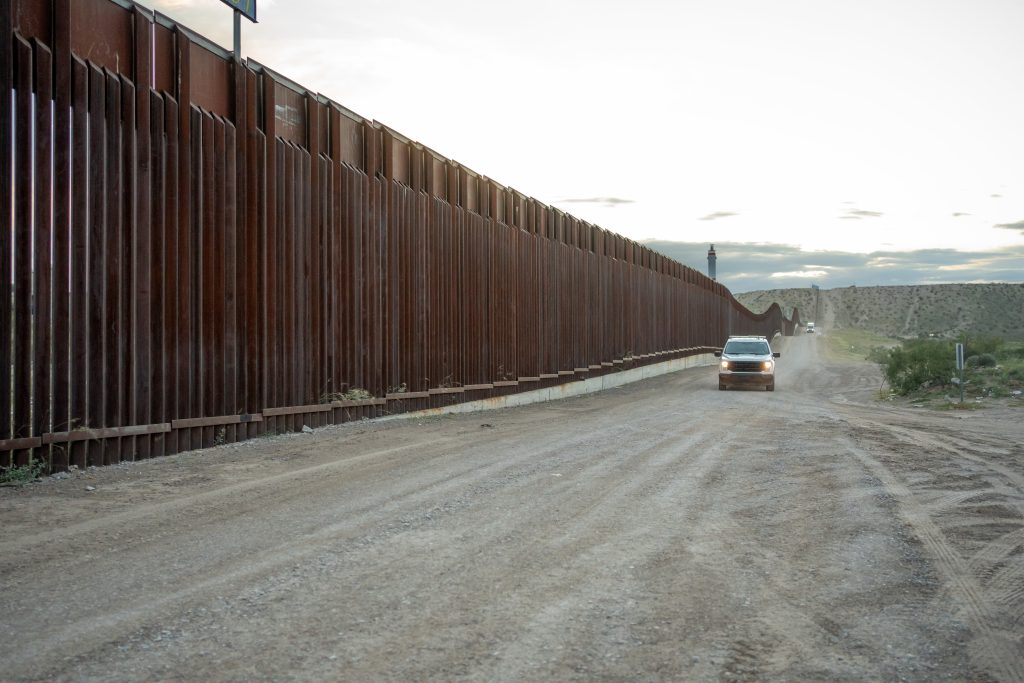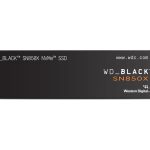Do U.S. border agents have free rein to search travelers’ electronic devices, such as phones, tables, and laptops, without a warrant? According to court filings, that’s what they were doing. But there might be an end to that “broad, unconstitutional authority,” as the American Civil Liberties Union has called it.
A federal district court in New York sided with civil liberties groups to rule that U.S. border agents must obtain a warrant before searching those devices.
“As the court recognizes, warrantless searches of electronic devices at the border are an unjustified intrusion into travelers’ private expressions, personal associations, and journalistic endeavors — activities the First and Fourth Amendments were designed to protect,” Scott Wilkens, senior counsel at the Knight First Amendment Institute, said in a press release. “The ruling makes clear that border agents need a warrant before they can access what the Supreme Court has called a ‘window onto a person’s life.'”
The ruling comes as part of a case in which a U.S. citizen, Kurbonali Sultanov, was flagged at New York’s JFK International Airport for being “a possible purchaser or possessor of child sexual abuse material.” Authorities allegedly found four videos on his phone after border agents said he had to give them his phone’s password — without a warrant. He argued that the search violated his Fourth Amendment rights.
The court found that “the searches of Sultanov’s phone violated the Fourth Amendment, which requires cell phone searches at the border to be supported by a warrant and probable cause; however, the Court denies suppression of the evidence because the government acted based on “the good faith exception to the exclusionary rule.”







